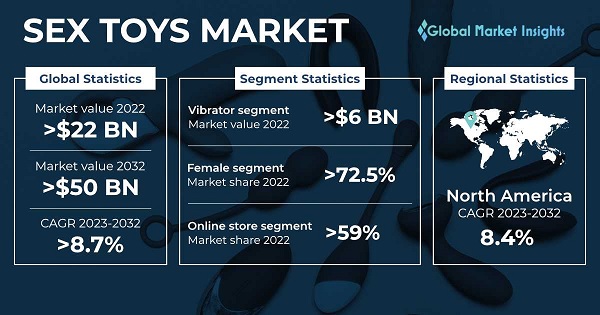In the ever-evolving world of sex dolls, understanding the nuances of consumer behavior is pivotal. I, Jasmine Hart, have spent over a decade delving into the intricacies of purchasing trends and preferences within the sex doll industry. The journey of exploring consumer behavior is as multifaceted as the individuals who comprise the market. It’s a fascinating tapestry woven with threads of societal acceptance, technological advancements, and the innate human longing for connection. In this blog post, we’ll explore the factors shaping purchasing trends, consumers’ evolving preferences, and this dynamic industry’s future trajectory. Join me as we unravel the layers of consumer behavior, analyze market insights, and delve into the stories and experiences that define the world of sex dolls.
Shift in Consumer Preferences
As we traverse the timeline of the sex doll industry, it’s evident that consumer preferences have undergone a significant transformation. I recall the early days in Tokyo, where rudimentary designs dominated the market. Fast-forward to today, we witness diverse desires, ranging from hyper-realism to fantasy-inspired creations.

Customization and Personalization
One of the most notable shifts is the growing demand for customization and personalization. Consumers are no longer passive recipients but active creators, sculpting their companions to mirror their deepest aspirations and fantasies. This shift is a testament to the industry’s adaptability and the endless possibilities it presents.
Ethical and Sustainability Concerns
I’ve observed a rising consciousness regarding ethical manufacturing and sustainability in my conversations at international conventions. Modern consumers are more informed and discerning, seeking products that align with their values and principles.
Technology in Shaping Purchasing Trends
Drawing from my background in material science, I’ve had the privilege of witnessing firsthand the technological leaps in silicone and TPE materials. These advancements have enhanced the tactile experience and opened doors to many customization options.

E-Commerce and Digital Platforms
The digital revolution has played a pivotal role in shaping purchasing trends. E-commerce platforms and online communities have bridged the gap between consumers and manufacturers, fostering a sense of community and shared experiences.
Virtual Reality and Augmented Reality
The industry is venturing into Virtual Reality (VR) and Augmented Reality (AR), exploring uncharted territories. These technologies offer immersive experiences, allowing consumers to interact with products in novel ways and thus influencing purchasing decisions.
Artificial Intelligence
The integration of Artificial Intelligence (AI) has been a game-changer. From interactive features to personalized responses, AI has elevated the companionship experience, making it more dynamic and engaging.

Economic Factors and Price Sensitivity
The diverse world of love dolls has a broad price spectrum catering to various economic capacities. The market is teeming with options, from affordable entry-level models to high-end luxury creations. I’ve seen enthusiasts invest in exquisite pieces while others enjoy more accessible alternatives.
Consumer Spending Behavior
Analyzing consumer behavior, it’s fascinating to observe the spending patterns and the value placed on these companions. Some individuals view them as invaluable investments, willing to allocate substantial resources to acquire the perfect match. Others prioritize functionality and affordability, seeking the best value for their budget.
Impact of Economic Downturns
Economic fluctuations inevitably impact consumer spending. During my years of study and observation, I’ve noticed a resilient demand for companionship, even during economic uncertainty. The industry has remarkably adapted and evolved, offering diverse price points and financing options.
Innovation and Cost
The relentless pursuit of innovation comes with associated costs. Advancements in material science and technology often lead to increased production expenses. However, the industry’s commitment to progress ensures a continuous effort to balance innovation with affordability.
Regional Variations in Pricing
Traveling the globe and engaging with diverse communities, I’ve encountered regional pricing and consumer preference variations. Economic conditions, import regulations, and cultural perceptions significantly shape the market dynamics in different regions.
In this ever-evolving landscape, economic factors and price sensitivity remain crucial determinants of consumer behavior. Balancing innovation with affordability and catering to diverse economic capacities is essential for fostering inclusivity and expanding the industry’s reach.

Conclusion
In the intricate tapestry of the sex doll industry, consumer behavior is a fascinating realm to explore. The shift in preferences, the influence of technology, and economic considerations paint a dynamic picture of the market landscape. From my years immersed in this field, I’ve witnessed the industry’s adaptability and commitment to innovation, all while catering to the diverse needs and financial capacities of the consumer base. The journey of understanding purchasing trends and preferences is ongoing, and I’m excited to see how the industry will continue to evolve and shape consumer experiences.






